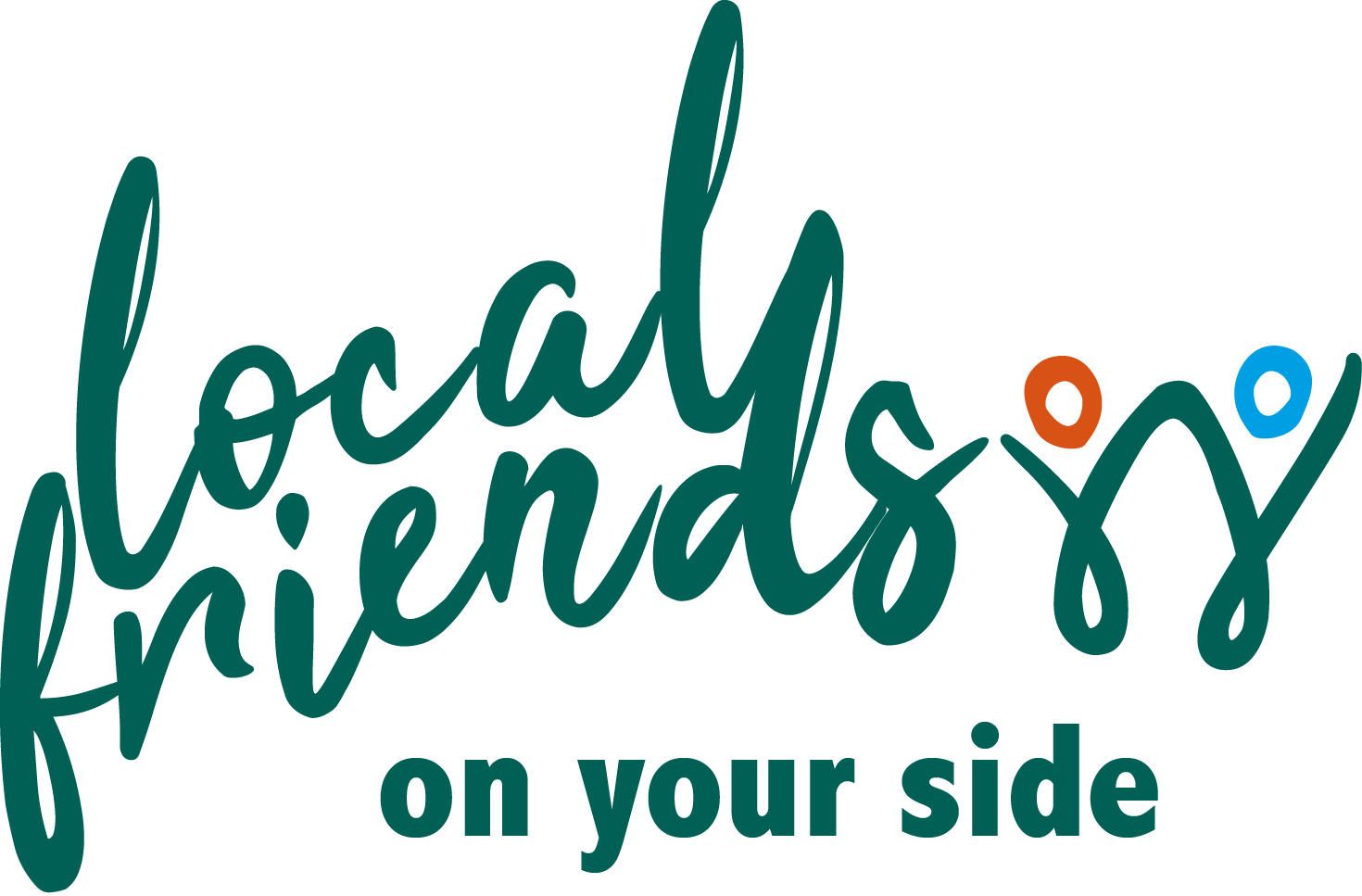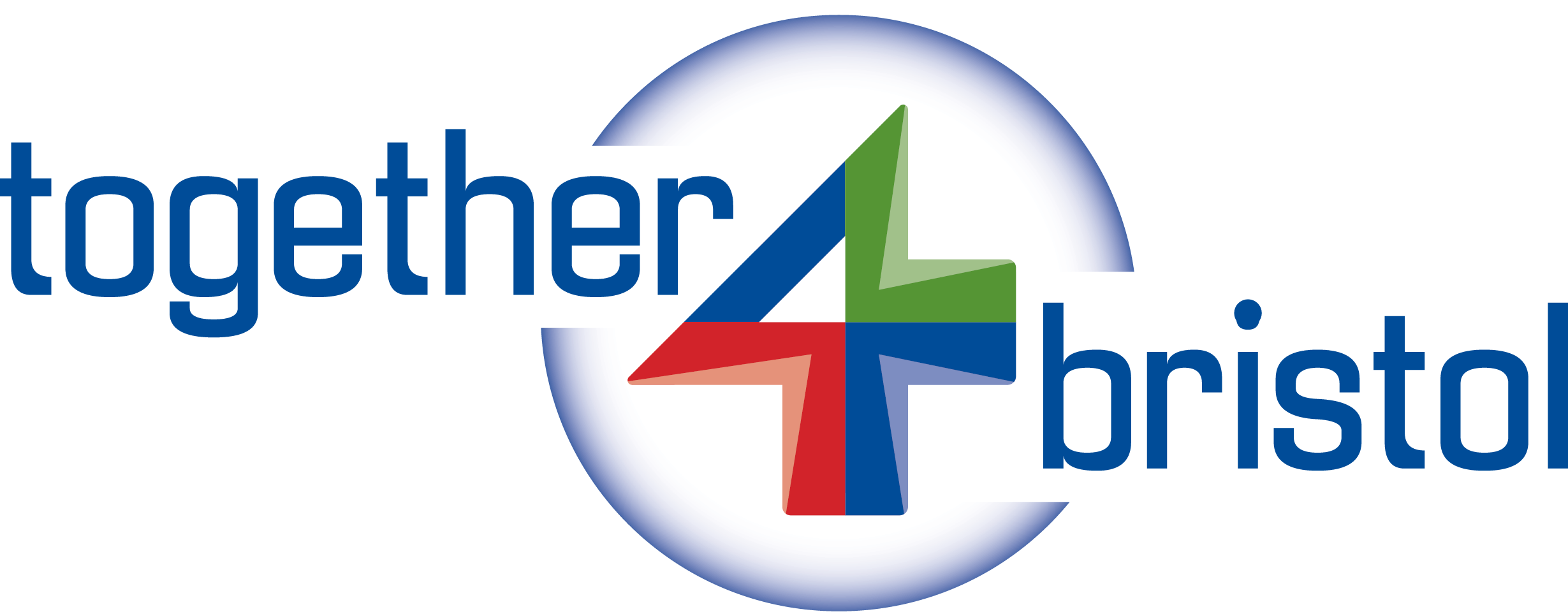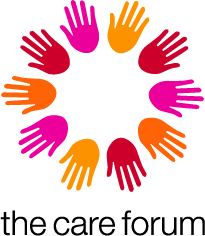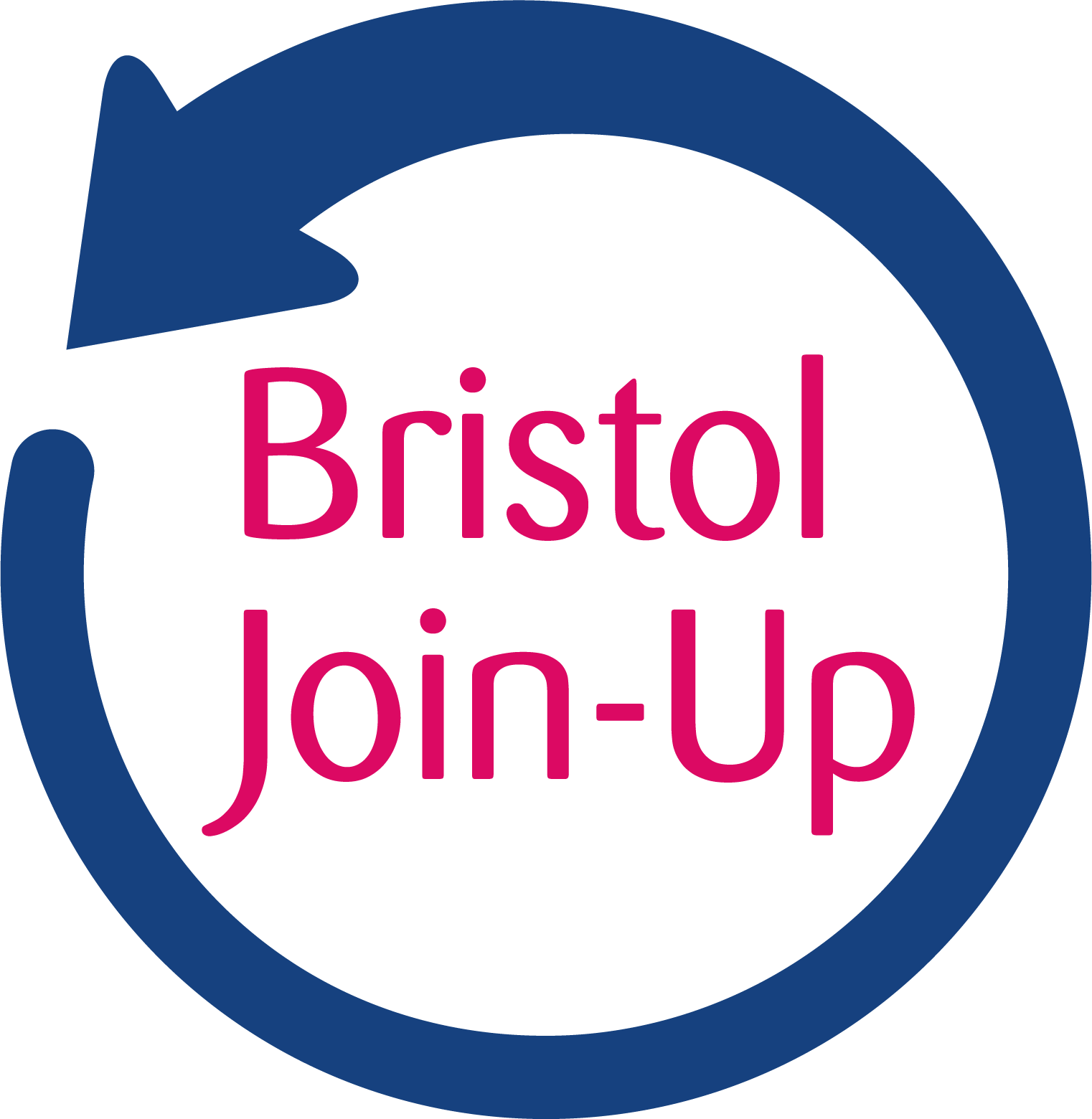Good Neighbours
Introduction
Background
Local Friends was set up to address the increasing problem of social isolation by building a stronger local community. Good Neighbours is our response to the Covid-19 pandemic. You can read about how this relates to the original Building Community scheme on the Key Differences page.
Contact
The two obvious options are telephone and email. More technologically advanced people may be able to use their computer or phone to make a video call.
The primary need is simply to make contact. The frequency of this contact is agreed between the two people involved, but many people aim for some contact each week. For others, it may be every two or three days, or it may be less frequent. We encourage some form of contact at least every fourtnight. The content of the contact obviously depends on the people: some find it easy to just start chatting, while others need some help to get the conversation going.
Questions
But, whether the conversation flows or not, there are a few questions which should be asked. Many people find it hard to admit to a serious need, so we cannot assume that, because there was a conversation, we must have been told about any practical problems. We have to ask – tactfully and sensitively, of course, but actually ask about the key areas, and be sure to get a reply.
Of course, we might be told that everything is fine when it's not, but it is one thing to be misled, and quite another thing to realize that we didn't actually ask the important question. To help with getting to know the other person, and to check the nature of their needs, our volunteers are given a reasonably comprehensive set of questions to ask.
Recruitment and Training
The nature of the contact through the Good Neighbours scheme makes it less vulnerable to misuse than the main Local Friends scheme, but that does not mean we can ignore the potential dangers.
There is a simple recruitment process, described on the Volunteering page.
The training is a cut-down version of the full Local Friends training. We briefly touch on the following areas.
- Aims. What we aim to do (provide human contact and possibly a little practical support), and not do (tell them what to do or solve their problems).
- Boundaries. Making healthy judgements about how much to do and share, retaining responsibility for our own actions.
- Confidentiality. Understanding that we don't pass on what we have been told, unless we must.
- Reporting. We need to know that contact is actually being made and support being given.
- Care. Being cared for as a volunteer, getting the support you need.



